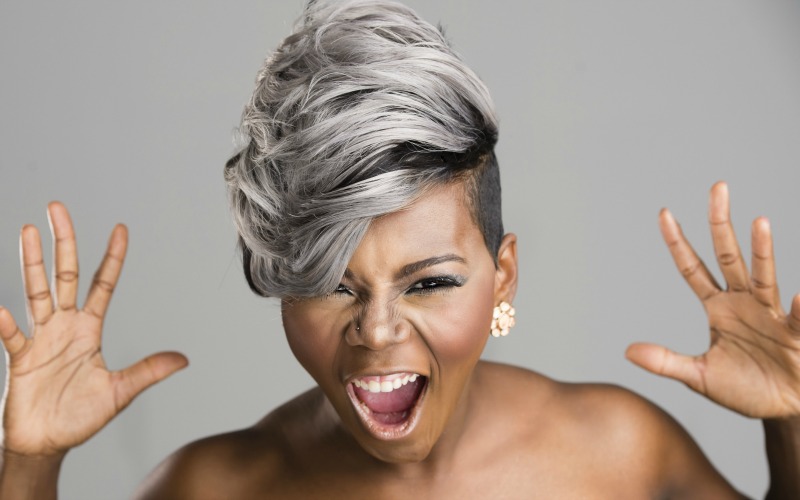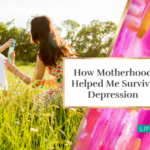
A word is dead when it is said
Some say –
I say it just begins to live
That day.
Nineteenth century American poet Emily Dickinson wrote this. If eighth century BC Greek poet Homer were here today, his knee-jerk reaction to this might be, ‘Ochi! (No!). A Word is eternally alive—spoken or unspoken.’
‘Insanity,’ for example, is alive and well!
But it’s not just a word; it’s not just a condition … it’s not even an it. In Homer’s day, Insanity was a ‘person.’ Back then, all conditions, emotions, actions, qualities were considered the stuff of soul. The ancients respected these, brought them to life in their stories. All aspects of our humanness were given their due in personified form as gods, goddesses, heroes, heroines, monsters, or a bunch of weird creatures. And all were important.
Pain, Hate, Hopelessness, Revenge, Weakness were just as valued as Pleasure, Love, Hope, Forgiveness, Strength.
In those days, the ugly aspects weren’t shoved into the backwoods of psyche and left to fester like rotting corpses as they have been over the centuries. But RIP? Hardly. They can erupt from the depths into open war during meditation.
The Law of Attraction states that ‘what you focus on grows.’ True.
‘Think Positive’ and ‘Transcend the mind.’ Sound advice. So why even consider giving the dark aspects any attention at all? It’s about equal rights. All people have the same rights, even the ‘peoples’ of the psyche. Let them be heard (at least by us, safely), then they don’t have to find ways to express through other avenues: through our organ systems or through immoral behaviours. Better to own our Insanity et al than have them own us.
One way Insanity drives us is through our pursuit of perfection. The idea that we are made in the image of God has us striving for the impossible ideal, which degrades the not-so-perfectness of our dark depths. In the face of this push for purity, the many gods populating ancient mythology got bad press. Understandable. They were divine but they also displayed the worst of human traits. False gods, though? Ochi! Many facets to the human psyche = many gods.
As little children, we kind of made like the ancients. We uninhibitedly displayed soul (a hissy fit in the middle of a supermarket … ‘Oh, she’s going through the Terrible Twos’). And everything came to life! That adored teddy bear we dragged everywhere was real. He had feelings. And nobody labelled the authors of our books certifiable—an athletic cow hurdled the moon; a dish absconded with a spoon; a teapot identified itself as a teapot and issued ‘how to use me’ instructions. Personifying things invited a connection with them. What joy we found in all of this, and frustration. Just like you find in relationships.
Our ancient consciousness was plump and full. Still, acquiring strong morals was important. But when instilling morals entails eliminating the negative or shaming our base feelings and impulses, we lose soul. We stop living the deep life.
Could it be that our children wouldn’t be so afraid of the monsters under the bed if we ourselves weren’t so afraid of the ‘dark?’

Paula Houseman
Paula Houseman thought her life was, well, meh. Until she started fiction writing. What gushed forth onto the page made her realise her existence had not been mundane after all; it had been ridiculous!
Sure, she has a serious side. The concept of ‘identity’ had fascinated her for some time, and she exercised it as a graphic designer creating them for others through imagery. Then, at university (majoring in linguistics and sociology), she explored how word usage constructs our identities and realities. Paula applied her findings to an essay on women’s subjectivity, even won the 2007 UNSW United Association of Women Prize. And her honours thesis examined the archetypal significances in the words that shape our collectively authored cancer story. But while she was digging around in ancient mythology where the archetypes live, Paula developed a kinship with a butt-ugly, potty-mouthed goddess, one who embodied a holy kind of dirty, showed her the absurdity of the human condition, taught her about the value of laughter, and is responsible for the bawdiness in her book, Odyssey in a Teacup.
Connect with Paula… LinkedIn, Pinterest, Twitter, www.paulahouseman.com




Be the first to comment